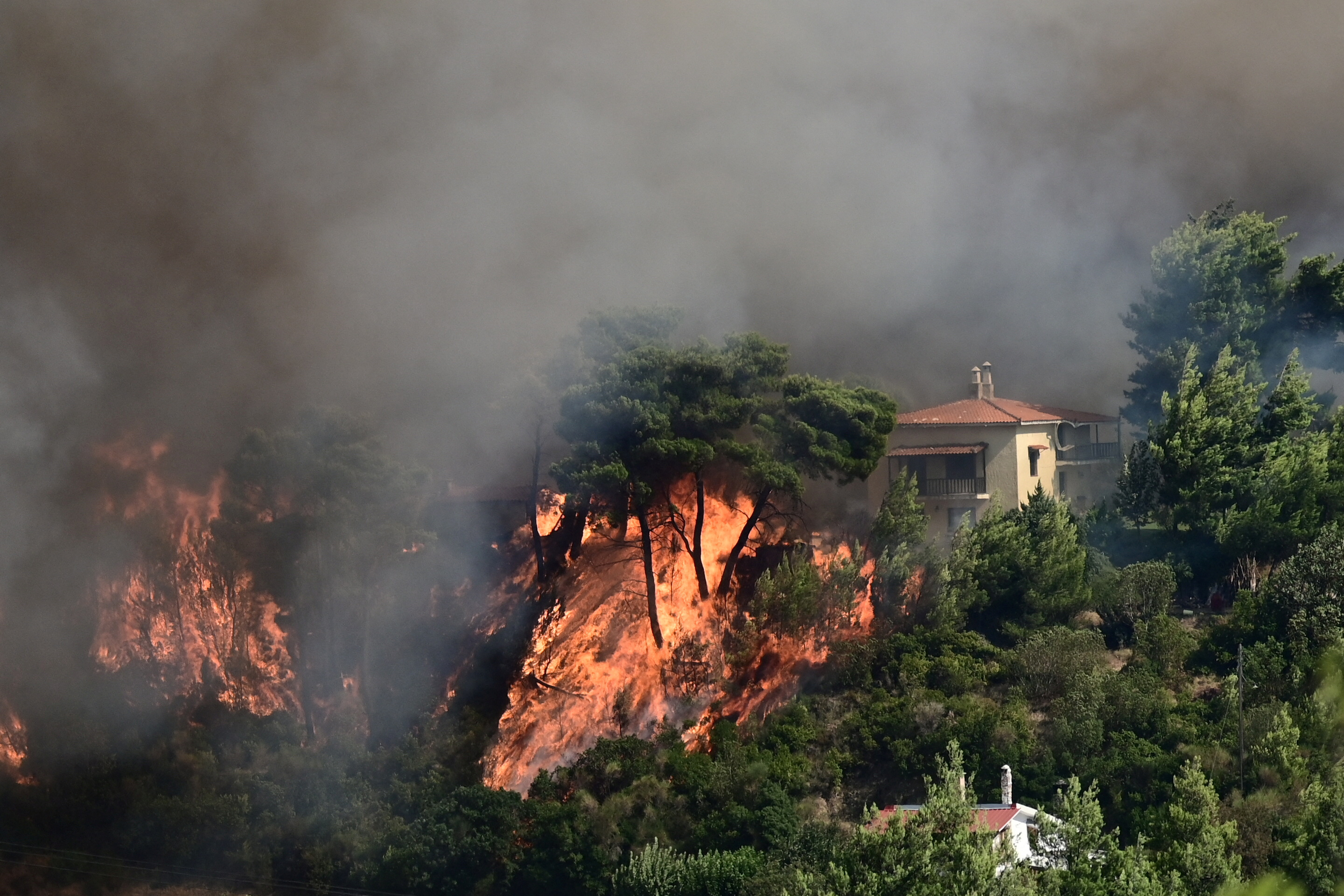The summer period being marked by fires raises questions about the future of forests and the impact on the environment and humans as they are replaced by burned out areas, forest officer at the forestry department Savvas Kartanas told the Cyprus News Agency on Sunday.
However, Mediterranean forests are “burning and renewing” helped by human intervention, as long as the fire is not so intense, he said.
Kartanas said that usually, after a fire, some seeding trees are left behind, which will give seed the next generations of trees, so that natural regeneration can proceed on its own. “If the damage is too great, we will either have to help with seeds ourselves or with tree planting,” he added.
In cases where the destruction by fire is not great, the natural process of forest regeneration begins with some shrubs, followed by taller bushes, then some low trees and slowly form the forest again.
“Mediterranean forests have this characteristic. They are burned and renewed, as long as the fire is not so intense, the damage that will be caused is not so great,” he said, adding that in Mediterranean forests it has always been considered that “fire is in a way their friend”, as long as its intensity does not destroy the seeds found in the subsoil and leaves behind nearby seed-seeders that will give natural regeneration.
But Kartanas said it takes about 20 to 25 years for a forest to be reformed. “They will not be big trees, but small ones, around 8-10 meters. However, due to climate change, we have seen in recent years that it is not easy to have the same forest you had before. The trees will be lower, more stunted. It will come back, but not to the same extent.”
After a larger fire the department may have to replant trees, and it will do so with carob trees, olives and cypresses, which do not burn easily.
“We see, especially in Mediterranean forests now, that the climate is changing, temperatures are changing and pine trees are not suitable, because they burn very easily and the fires they give are intense, they are not easily stopped,” Kartanas said.
And although the wildlife found in the forest will die with it, they too will return, he said. “In fires we have seen in Cyprus in recent years, about six to eight years later, the fauna usually increases, to a greater number than before the fire.” This is helped by the fact that the first plants to grow after a fire are seen as food by animals.







Click here to change your cookie preferences